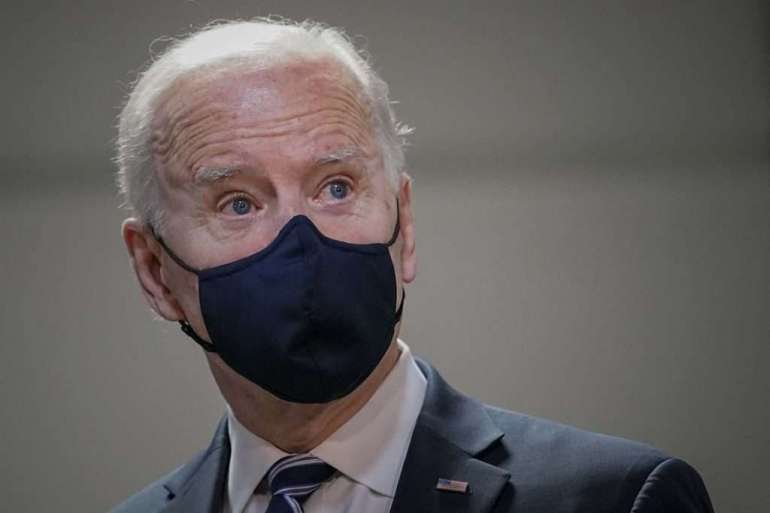Biden administration begins throwing out Medicaid work rules

Only work requirements in Arkansas and New Hampshire were revoked on Wednesday, according to an official at the Department of Health and Human Services. Officials in those states did not immediately return a request for comment.
The Trump administration in 2018 issued guidance letting states, for the first time, to implement work rules in the Medicaid program, contending it would incentivize healthy people to find employment. Democrats argued the work rules were designed to shrink the safety net health program’s rolls, and courts have blocked the rules where they have been challenged.
The Biden administration last month began the process of eliminating work rules in the roughly dozen states where they had been approved. The states, which are predominantly Republican-led, were given until last Friday to submit information to CMS defending the work rules. In some states, Democratic governors inherited work rules from their GOP predecessors but sought to avoid enforcing them.
In letters the Centers for Medicare and Medicaid Services sent to states last month, the agency said it had preliminarily determined that the work rules do “not promote the objectives of the Medicaid program.” CMS pointed to the pandemic as the reason for unwinding the work requirement, arguing the agency has “serious concerns” about a policy that risks causing a “substantial loss of health care coverage.”
Last week, HHS released a report highlighting negative impacts of state work rules and other conservative policies approved by the previous administration. The report cited studies finding that work rules can lead to “significant” coverage losses and make it harder for people to get care, without actually improving employment.
In Arkansas, the only state where work rules ever fully took effect, more than 18,000 people lost Medicaid coverage during a brief stretch in 2018 before a judge halted the policy.
“Obstacles to finding new employment have likely grown even larger during the pandemic-related economic downturn of the past year, particularly since job and income losses have been highest among low-income and minority workers, who are disproportionately enrolled in Medicaid,” the HHS report reads.
At least seven states defended their policies in recent letters to CMS, noting that states were effectively barred from enforcing work rules during the pandemic. Before that, many states had halted their work rules after courts had ruled against the policies.
Some states indicated to CMS they would challenge a decision to revoke the work rules. That includes Georgia, which in October received the Trump administration’s permission to partially expand Medicaid to low-income adults along with a work requirement.
Arkansas’ top Medicaid official argued that moving too hastily to revoke the state’s program would violate a previous agreement it made with the Trump administration. She also asked for another two months to respond to the Biden administration’s initial letter.
“Our attorneys advise that without sufficient time to properly respond, any corresponding decision by CMS would be arbitrary, capricious, and otherwise not in accordance with the law,” Medicaid Director Dawn Stehle wrote to CMS Acting Administrator Elizabeth Richter.
Arkansas is among the states that signed agreements with the Trump administration in January that were meant to significantly slow down Biden’s efforts to revoke work rules and other conservative Medicaid policies. The Biden administration said it doesn’t believe those agreements are legally binding, though Stehle disagreed in her letter.
CMS letters to Arkansas and New Hampshire on Wednesday said withdrawal of the work rule approvals would take effect within 30 days. States can appeal the decisions to the agency.
The Biden administration had asked the Supreme Court to cancel the work rules case, citing its plans to drop the policy. The Supreme Court last week called off a scheduled March 29 hearing, but it didn’t dismiss the case. The high court asked the Department of Justice to provide a written brief on its request for dismissal by March 22.